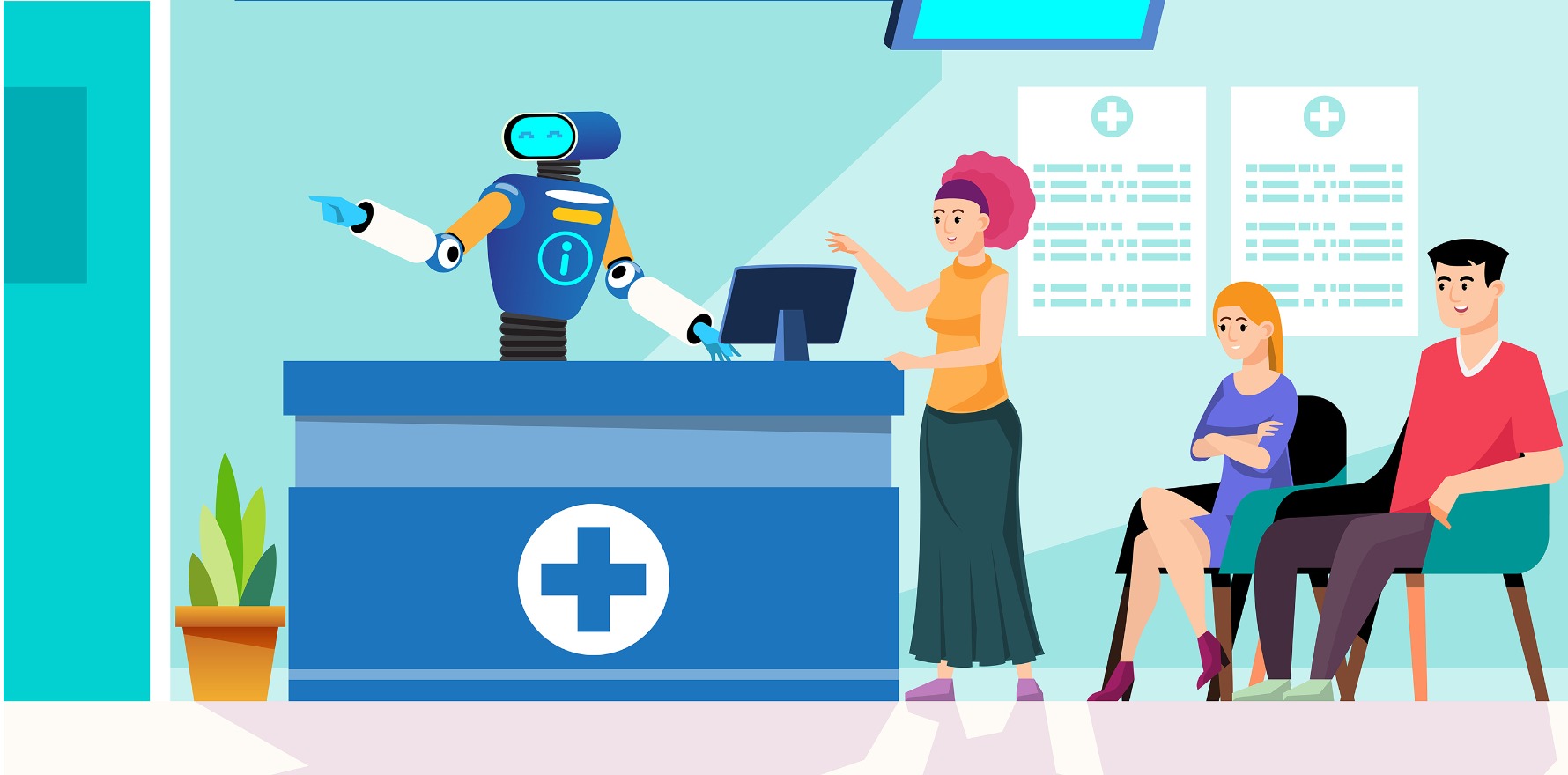The government has pinkie-promised to cut out the middle man when it comes to working with the medical software industry.
Digital assignment of Medicare benefit could save hundreds of millions for general practice, according to one general practice software vendor.
“If you look at the number of bulk-billed consults and the time to sign a form, print it out, all of the paper that’s used … that’s not a free process,” AutoMed Systems CTO Louis Putter told The Medical Republic.
By his own calculation – assuming most of Australia’s 5000 GP clinics have one receptionist paid at $25 an hour handling all post-consult Medicare assignment of benefits – it adds up to about $375,000,000.
Last week, both houses of parliament passed an amendment to the Health Insurance Act 1973 which deleted the requirement for patients to fill out a specific consent form every time they were bulk billed.
Under the new rules, patients can pre-consent to ongoing bulk billing.
Introducing the bill to parliament, Assistant Health Minister Ged Kearney also reiterated that the government’s intention was to allow for digital collection of consent.
The exact details of this will be decided by the Department of Health and Aged Care in a set of incoming regulations.
Early estimates have put the timeline on a solution coming to market at about 18 months.
But Mr Putter said that AutoMed Systems, a booking engine and communication system used by roughly one in five Australian GPs, had already been working on a solution for some time.
“I’m quite sure that everyone in the industry is ready to make modifications to meet every letter of the new law,” he said.
“I don’t think it’s going to be a massive delay for the industry to roll something out, we’ve all been working at it for several months.”
Medical Software Industry Association CEO Emma Hossack told TMR there will be a 10-month period of codesign between the DoHAC and software vendors prior to a clinical rollout.
“We need that codesign with our members and the Services Australia team and the Department of Health and Aged Care so that we can actually alert them to what’s possible,” she said.
“Because sometimes they don’t know what’s possible to make things better.
“It also gives us the opportunity to alert them to where things are ambiguous or quite simply won’t work practice because they either duplicate processes or confuse parties.”
Ms Hossack backed AutoMed’s estimate of the costs that go into manual assignment of benefit processes and said some clinics spend the majority of their time chasing up paperwork from a small minority of patients.
Related
With a new CEO at Services Australia, Ms Hossack said she was confident that there would be a robust codesign process that should hopefully avoid the technical hiccups seen in last year’s MyMedicare rollout.
“The Health Minister, [Services Australia CEO] David Hazlehurst and other senior [personnel] from Services Australia have been absolutely adamant that they would be changing their approach [to industry],” she said.
“There will be proper codesign, there will be sandboxes made available … and they also said that they would work with industry directly and wouldn’t be putting in a middle layer of consultants.”





